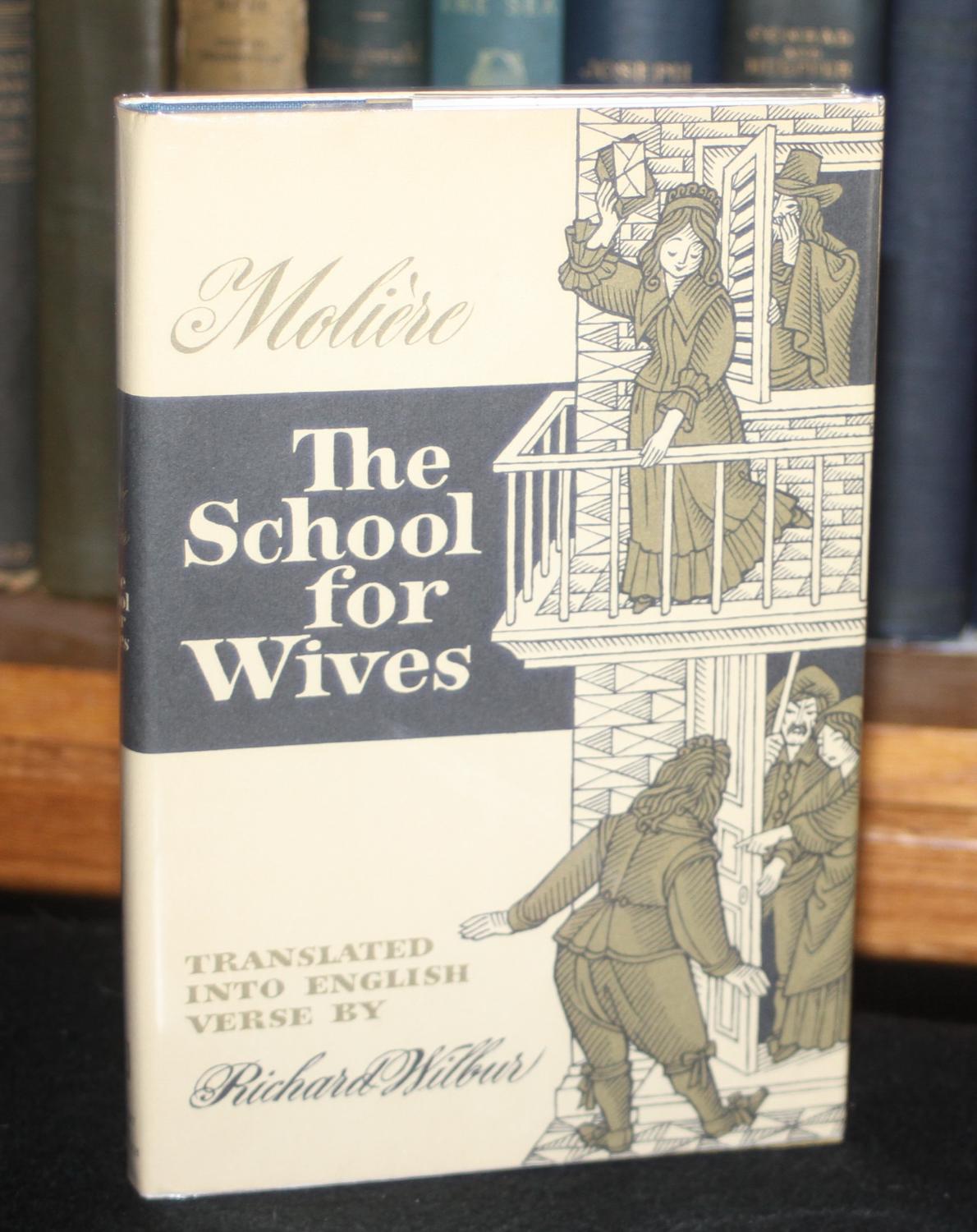

Hubert has noted, to an effect of burlesque tragedy it is not implacable fate, however, but ridiculous chance which repeatedly spoils Arnolphe's designs.

Why? There is much high talk in the play, especially from Arnolphe, of cruel destiny, fate, and the stars, and this contributes, as J. Agnès is guileless her young man, Horace, is a rash bumbler who informs his rival of all that he does and means to do yet despite Arnolphe's mature canniness, and his twenty years' pondering and plotting, he loses out to a jeune innocente and a jeune écervelé. Like Tartuffe, he proposes to manipulate the world for his own ends, and the play is one long joke about the futility of selfish calculation. It goes without saying that poor, stultified Agnès is not his object but his victim.Īrnolphe, then, is one of Molière's coercers of life. As the play begins, Arnolphe is about to marry Agnès and achieve a double satisfaction: he will quiet his long trepidation by marrying safely, and he will have the prideful pleasure of showing the world how to rig an infallible alliance.

It is his theory, based upon much anxious observation, that a stupid wife will not shame her husband by infidelity.

He has, furthermore, become the guardian of a four-year-old child, Agnès, with a view to shaping her into his idea of a perfect bride, and for thirteen years has had her trained to be docile and ignorant. In fear of that humiliation, he has put off marriage until what, for the seventeenth century, was a very ripe age meanwhile, he has buttressed his frail vanity by gloating over such of his neighbors as have been deceived by their wives. What ails him is a deep general insecurity, which has somehow been focused into a specific terror of being cuckolded. He is, however, a madman, and his alienation is of a harmful and unlovable kind. Arnolphe, the hero of Molière's first great verse comedy, is a forty-two-year-old provincial bourgeois whom it is possible to like, up to a point, for his coarse heartiness and his generosity with money. As Dorante says in the Critique de l'École des femmes, a comic monster need not lack all attractive qualities.


 0 kommentar(er)
0 kommentar(er)
